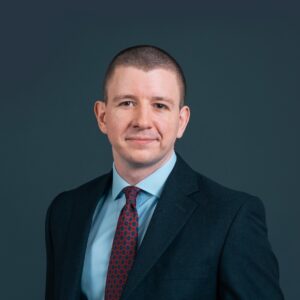Cumbria coal mine inquiry considers the need for coking coal in UK and European industry
The public inquiry into the ‘called-in’ application for the UK’s first deep coal mine in 30 years enters its second week, in which the Inspector will hear detailed evidence on a critical issue: the need for coking coal in UK and EU steelmaking.
The inquiry is presently scheduled to run for four weeks. Estelle Dehon and Rowan Clapp act for South Lakes Action on Climate Change (‘SLACC’).
Today will see the developer, West Cumbria Mining, continue its evidence on ‘need’, before the inquiry hears from expert witnesses for Friends of the Earth and, on Thursday and Friday, expert witnesses on behalf of SLACC.
SLACC will be leading evidence from Professor Lars J Nilsson, Professor of Environmental and Energy Systems Studies at Lund University and Coordinating Lead Author for the IPCC’s chapter on Industry in the Sixth Assessment Report; as well as from Professor Paul Ekins OBE, Professor in Resources and Environmental Policy at the UCL Institute for Sustainable Resources. They highlight the decline of coking coal-based steelmaking beyond 2030 due to legally binding EU ad UK emission reduction targets and the rise of other “greener” methods of steel production. Professor Ekins will also speak to the illusory transport emissions benefits said to arise from opening a domestic supply of coking coal: overseas suppliers will simply market (and transport) their coal elsewhere.
SLACC will also lead evidence from Professor Stuart Haszeldine OBE, a leading geologist currently at the University of Edinburgh, to show that the coal produced by the mine is unlikely to be of sufficient quality to make it saleable in the UK/Europe, again meaning it will be sold further afield, rendering any ‘net’ transport emissions savings impossible.
Viewed in this way, the mine will simply add another source of greenhouse gas emissions at a time when there is an overwhelming need to reduce them, and leave open the possibility of the product of the mine being used in countries where less stringent emissions regulations apply to industrial processes.
SLACC was established in 2007 after a City Councillor from San Salvador visited Kendal as part of a speaking tour, and explained that mudslides in his city, caused by torrential rain as a result of climate change, had led to deaths. He brought home that climate change would get worse and affect people across the world. SLACC has actively opposed the mine proposal, garnering support from experts such as the Materials Processing Institute and Professor Paul Ekins OBE, Professor in resources and environmental policy at the UCL Institute for Sustainable Resources, University College London.


